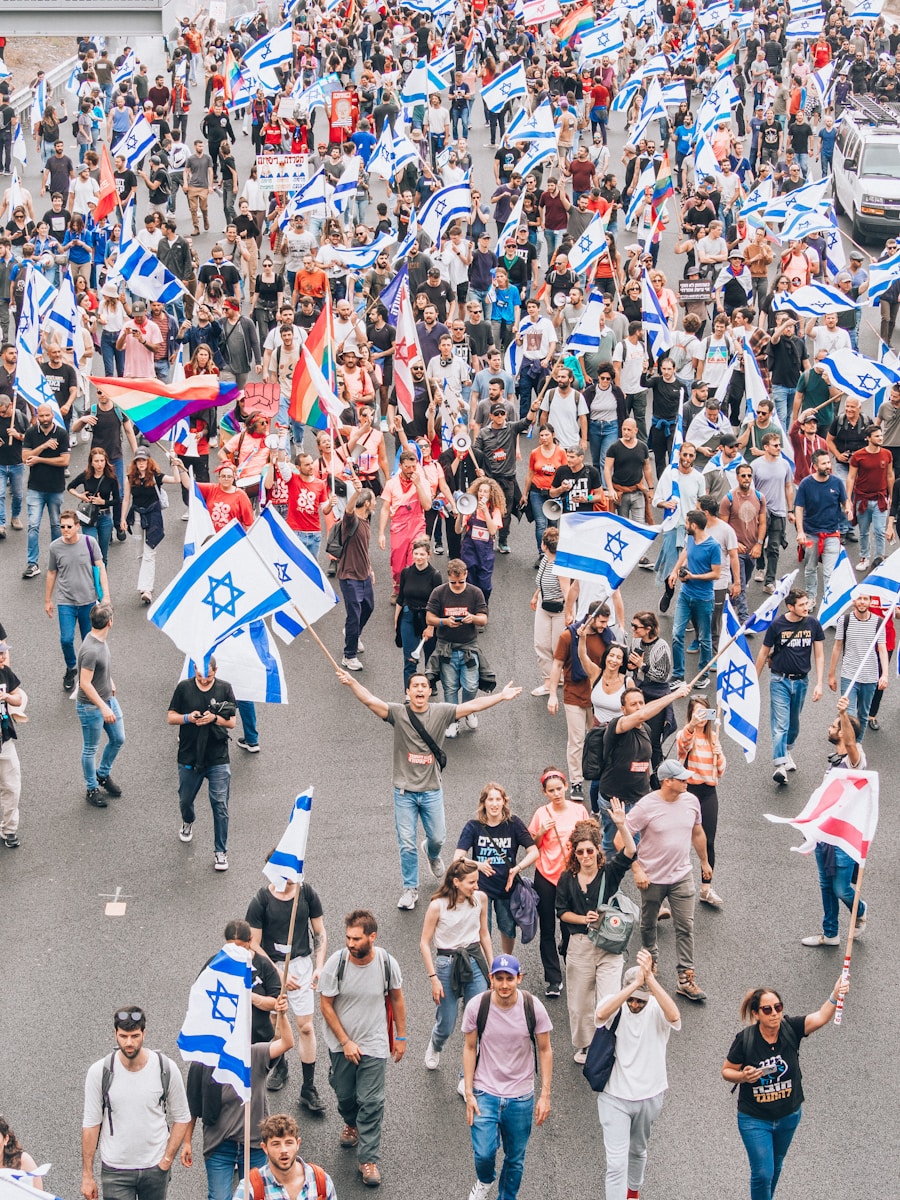Key Takeaways
• Israel’s actions in Gaza risk turning it into a pariah state.
• Allies like Germany, the U.K. and Australia now back Palestinian statehood.
• Shocking images of Gaza’s hunger crisis fuel worldwide outrage.
• Boycotts hit Israeli goods, culture, tourism and science.
• Many Israelis protest, yet some still support the war.
• The government blames critics for antisemitism and stays defiant.
Israel once drew global sympathy after the attack on Oct. 7, 2023. However, its military campaign in Gaza now faces sharp criticism. Images of starving children and ruined neighborhoods spread online. Meanwhile, long-time allies push for Palestinian state recognition. As a result, Israel looks more isolated than ever before.
Why Israel is Facing Pariah State Status
Over time, Israel’s military actions in Gaza came under fire for being too harsh. First, basic aid convoys could not get through. Then, reports of famine in some areas shocked the world. Even friendly news outlets questioned Israel’s motives. Moreover, two Israeli groups joined international calls to label this war a genocide. These events pushed Israel closer to pariah state status.
International Backlash
At first, countries rallied around Israel after the Hamas attack. Yet as the war dragged on, tone shifted. Germany and the U.K. now support recognizing Palestine. Australia even barred a far-right Israeli lawmaker for hateful remarks. Sanctions followed against two members of Israel’s government. In addition, international bodies debate cutting Israel from key research programs.
Also, cultural and sports links cracked. Music festivals dropped Israeli artists. Pro-Palestinian fans interrupted the Eurovision Song Contest for two years. The International Harp Competition moved away from Israel. FIFA faces pressure to remove Israel from world soccer. Soon, few events in Europe host Israeli teams without protests.
Impact on Israeli Citizens
The wrath aimed at the government often hits ordinary Israelis. Tourist shops in Greece face boycotts. Some travelers hide their nationality to avoid harassment. Meanwhile, reservists fear arrest after posting about their service. Academics abroad refuse to work with Israeli colleagues. Even global science grants now exclude Israel.
On home soil, protests swell. Seventy percent of Israelis disapprove of the current government. Many see Prime Minister Netanyahu as prolonging the war for politics. In August, Tel Aviv shut down for a huge strike. People demanded a ceasefire and release of hostages. Yet polls show many Israelis still ignore Gaza’s suffering. Some even back the harsh tactics. Thus, public opinion remains split.
Government Reaction and Messaging
Prime Minister Netanyahu calls negative reports “fake news.” He argues critics are driven by antisemitism. When Western nations discuss Palestinian statehood, he labels it antisemitic too. His far-right allies mock liberal institutions. For example, a radio host celebrated an attack on a top research center. Government officials stayed silent.
This defiance shapes Israel’s global image. By blaming critics, the government rallies its base. However, it also deepens the country’s isolation. As a result, Israel feels the sting of a growing boycott, divestment and sanctions movement. What once had limited success now spreads fast.
Looking Ahead
At present, Israel shows little sign of changing course. Nonetheless, the cost keeps rising. Israel’s reputation as a strong, respected nation erodes. Citizens face more travel troubles and cultural snubs. Economically, boycotts could dent key exports. Politically, more governments might recognize Palestine.
Yet some signs hint at hope for change. The mass protests reveal that many Israelis want peace. International pressure may push leaders to seek a ceasefire. Also, cultural figures and scientists inside Israel call for an end to violence. If these voices grow louder, Israel might reclaim global trust.
Still, overcoming the “pariah state” label will take time. It will require hard choices and real shifts in policy. Above all, ending the humanitarian crisis in Gaza must come first. Only then can Israel hope to shake off isolation and rebuild its standing.
Frequently Asked Questions
What does “pariah state” mean?
A pariah state is a country that most others see as unacceptable or shameful. It loses friends and faces boycotts.
Why do some call Israel a pariah state?
Critics point to Gaza’s civilian deaths, famine reports and harsh tactics. They say these actions violate human rights.
How do boycotts affect Israel?
Boycotts slow down Israeli exports, hit tourism and isolate its artists and scientists. They pressure the government to change policy.
Can Israel restore its global image?
Yes, but only if it ends the humanitarian crisis in Gaza and seeks a fair peace deal. Dialogue and genuine reform are key.
